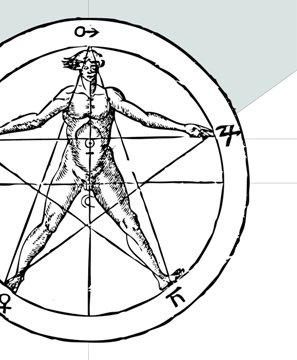Embodiment as Paradigm for an Evolutionary Cultural Anthropology

Since the 19th century, the theory of evolution has unsettled and shaken traditional and fundamental anthropological assumptions about the place of human beings in nature. The Darwinian integration of human development/evolution into the natural history was met by the philosophical and theological anthropology of the 20th century (Scheler, Plessner, Gehlen, Portmann, Pannenberg) with the attempt to constitute the special status of humans in their intrinsic open-minded, spirit-endowed nature. Today, evolutionary anthropology, as well as the more recent philosophical anthropology, emphasize the embodied cognition (Embodiment), e.g., Varela, Thompson & Rosch, Clark, Gallagher, Thompson, Deacon, Donald, Tomasell, or Jung. Building on the “embodied cognitive science”, the Marsilius Project “Embodiment as a Paradigm of an Evolutionary Cultural Anthropology” aims at answering the question, to what extent the intrinsic spirituality and cultural cognition of man is attributable to the structures of his existence, which has emerged in the course of evolution and has in turn been affected by cultural evolution. Within the paradigm of embodiment, the traditional dualistic opposition of nature and culture, body and mind, should dissolve in a process in which both elements are intertwined and mutually constituted.
The Marsilius Project is conducted by the research association “Anthropology and Ethics”, which has been founded and supported under the Excellence Initiative II.

